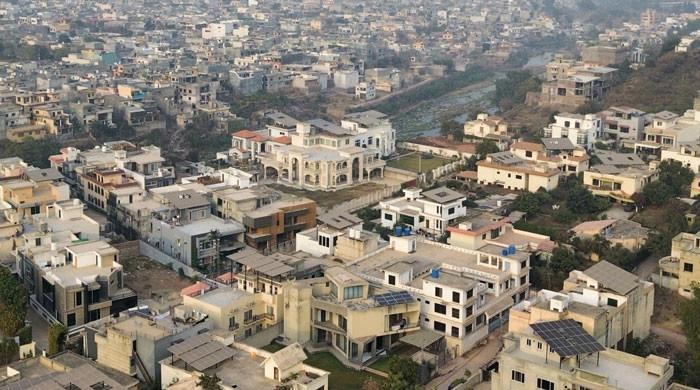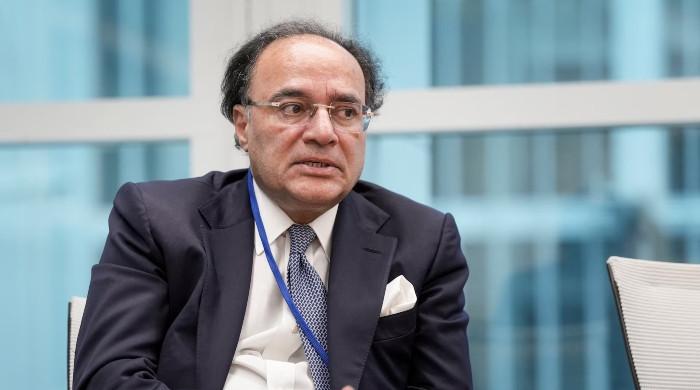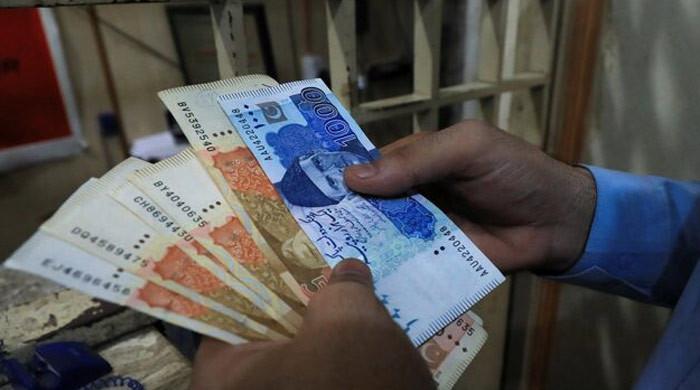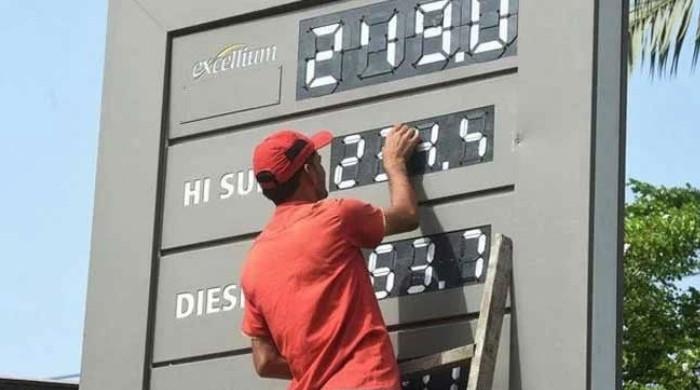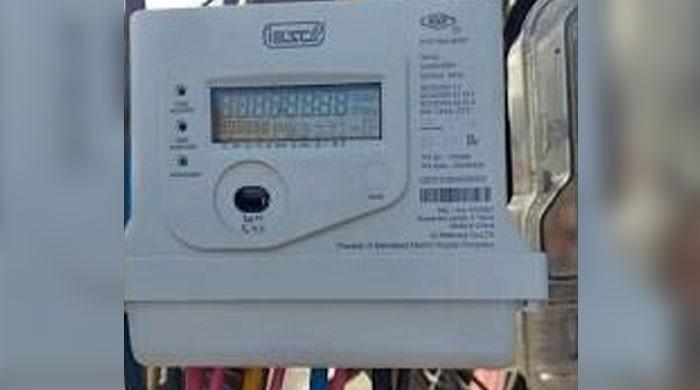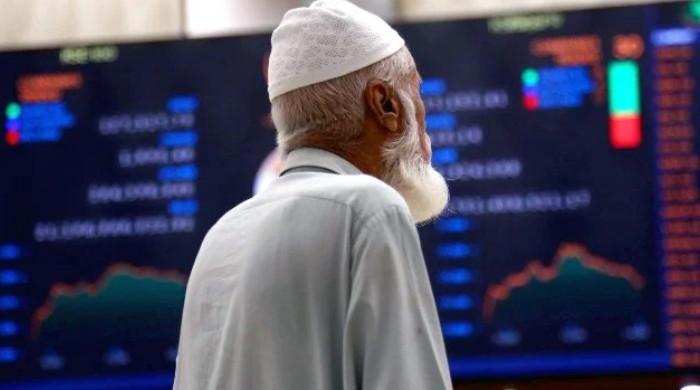Govt moves to deregulate fuel prices, opens offshore blocks for bidding
Petroleum Minister Musadik Malik highlights Pakistan's shortcomings in offshore oil and gas exploration
February 19, 2025
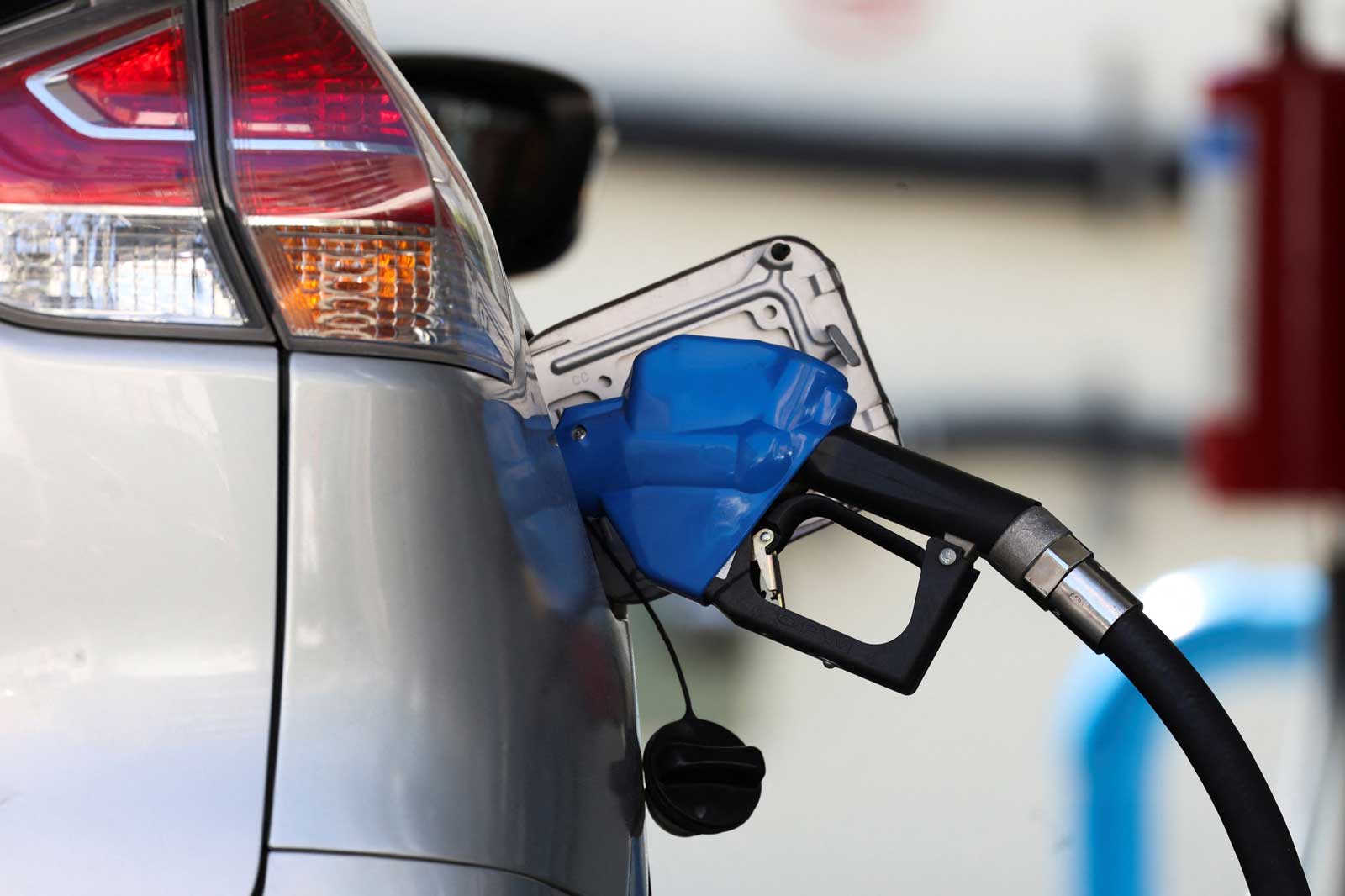
ISLAMABAD: The government is set to deregulate petroleum product prices, allowing oil marketing companies (OMCs) to sell fuel competitively while maintaining a price cap to ensure market stability.
In an effort to reduce fuel costs and enhance market efficiency, government also plans to permit oil refineries to blend up to 5% ethanol into petroleum products to attract investment and address energy sector inefficiencies, The News reported.
Speaking at the annual Oil and Gas Conference in Islamabad, Petroleum Minister Musadik Malik emphasised Pakistan's shortcomings in offshore oil and gas exploration, noting that only 18 wells have been drilled in the last 60 years, in contrast to neighbouring countries's discoveries.
In response, Pakistan has announced the auction of 40 offshore exploration blocks alongside 31 onshore blocks to boost domestic energy production, he said.
The Council of Common Interests (CCI) is expected to approve a tight gas policy in its upcoming meeting. Efforts are also underway to develop tight and shale gas resources, with the Oil and Gas Development Company Limited (OGDCL) recently discovering a shale gas reserve.
The minister further revealed that Pakistan is advancing its renewable and alternative energy efforts, focusing on green hydrogen (oxygen-based) and blue hydrogen (ammonia-based) production projects. He added that a biofuel policy is expected to be approved soon.
"These initiatives will play a crucial role in the country's transition to sustainable energy solutions," he said.
Malik cautioned that the rapid melting of glaciers could severely impact Pakistan’s canal system, emphasising the importance of integrating environmental sustainability into all energy initiatives. He reiterated the need to rely more on domestic resources to ensure long-term stability.
The petroleum minister criticised bureaucratic inefficiencies and called for greater reliance on the private sector. He stressed that meaningful economic reforms require moving away from outdated governance models.
He outlined three key objectives for the energy sector: ensuring energy availability for the public, making energy affordable for consumers, and guaranteeing the sustainability of energy supplies.
The minister emphasised the importance of moving beyond a rigid, bureaucratic approach, saying: "If we want to develop, we must abandon a culture of inefficiency and embrace forward-thinking policies."
He urged Pakistan to cultivate a mindset of innovation and unity to achieve progress.




